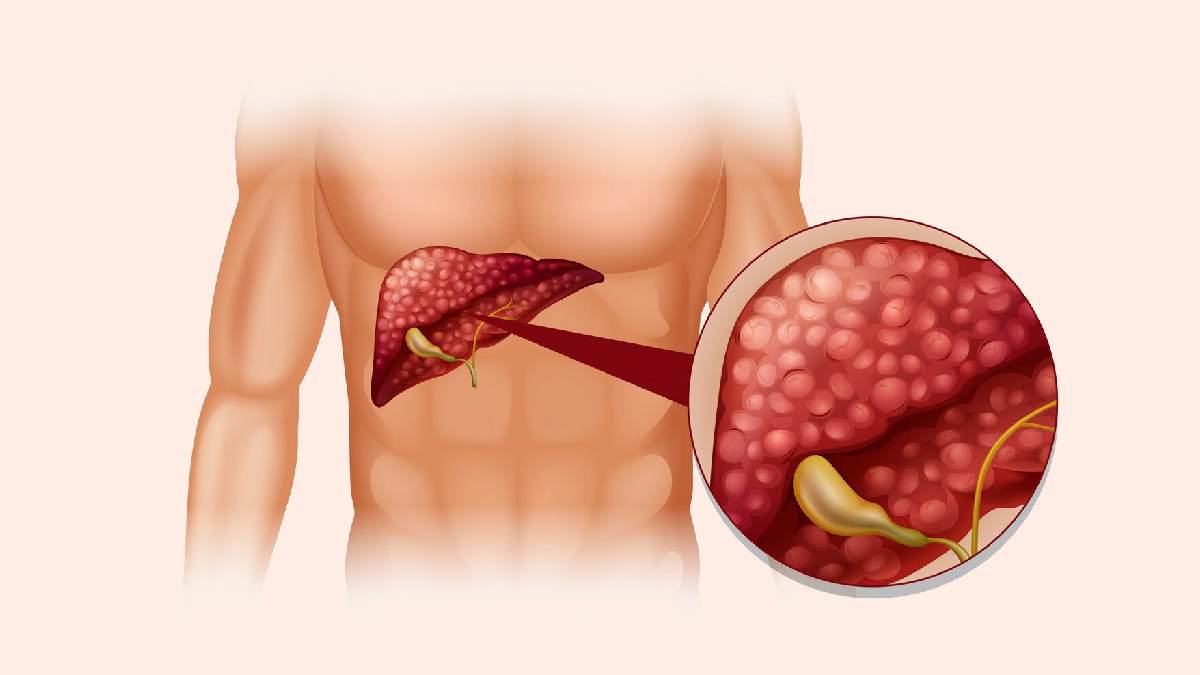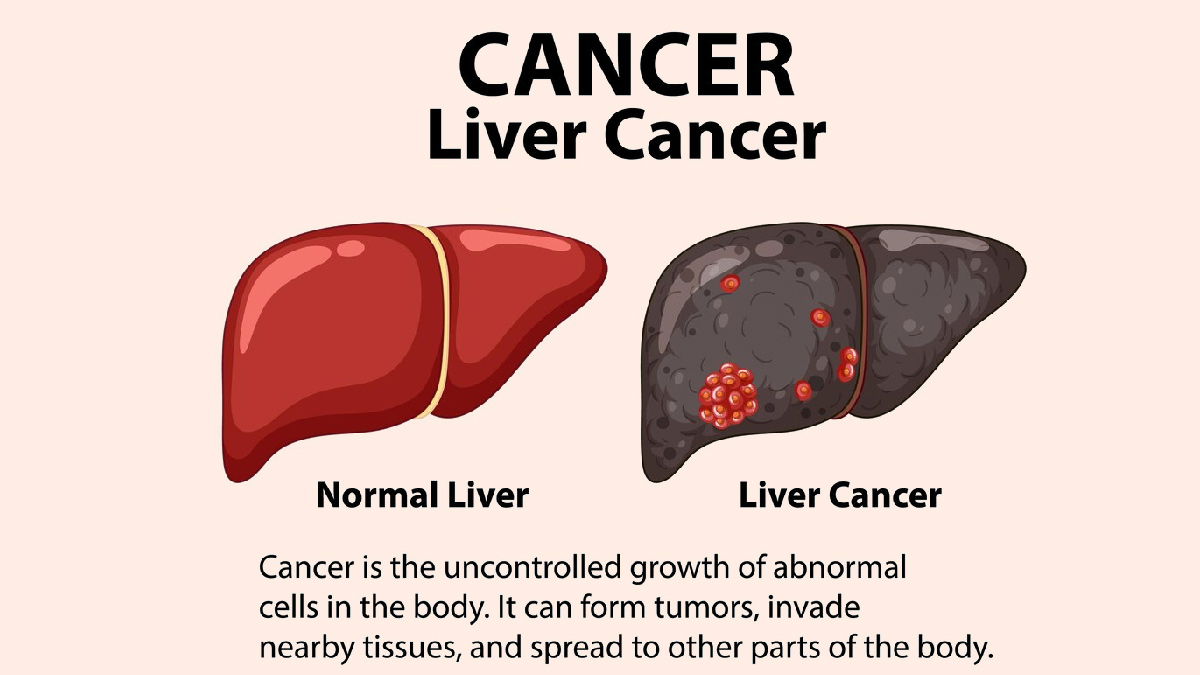
Non Alcoholic Fatty Liver Disease (NAFLD) is a metabolic disorder that affects the way your body churns food into energy while getting rid of the waste. The consequence is a buildup of fat cells in your liver that can pave the way to inflammation, poor liver functioning, and eventually liver failure.
Table of Content:-
One concerning fact about untreated NAFLD is that it may also lead to many types of cancer, liver cancer being the most obvious one. According to a Chinese study published in JAMA Network Open, NAFLD can increase your risk of liver, gastrointestinal, and all cancers by 1.2-15 times.
To understand why this happens and how you can prevent the risk of cancer, the team of OnlyMyHealth spoke to Dr Sojan George K, Associate Professor and Senior Consultant, Gastroenterology, Amala Institute of Medical Sciences, Thrissur, Kerala.
Fatty Liver Caused Terminal Cancer

Dr George K confirmed, "Untreated NAFLD has the potential to increase the risk of certain cancers." Talking about the factors associated with this liver disease that can contribute to the development of liver cancer, particularly Hepatocellular Carcinoma (HCC), he listed:
- Insulin resistance
- Inflammation
- Oxidative stress
According to Cancer Research UK, the 4-year survival rate of liver cancer is almost 5%. "Although NAFLD itself can rarely lead to liver cancer, if the condition progresses to Non-Alcoholic Steatohepatitis (NASH) and cirrhosis, the risk significantly increases," shared Dr George K.
Here's what NASH and Cirrhosis are:
- According to the National Institute of Diabetes and Digestive and Kidney Diseases (NIDDK), NASH is a stage of NAFLD which means your liver is damaged, inflamed, and has excessive fat in it.
- Cirrhosis, conversely, means that your liver has developed scar tissue that has replaced healthy liver tissue, permanently damaging your liver, stated NIDDK.
"If you have NAFLD and notice loss of appetite, weight loss, and jaundice, these could be early warning symptoms," cautioned Dr George K.
Also Read: Suffering From Swollen Chest Or Breasts? It Could Be A Sign Of Fatty Liver Disease

Here's How You Can Prevent Cancer
"If you are dealing with NAFLD or diabetes, the measures to reduce the risk of cancer include," said Dr George K as he listed:
- Regular Monitoring and Medical Check-ups: Routine screenings and check-ups can help you detect and manage complications early, reducing cancer risk.
- Maintaining a Healthy Lifestyle: Adopting a balanced diet, rich in vegetables, and whole grains, and engaging in regular physical activity can help manage both conditions and lower cancer risk.
- Weight Management: Achieving and maintaining a healthy weight is essential for individuals with NAFLD as excess body weight is a risk factor for both conditions and certain cancers.
- Liver Health Maintenance: If you have NAFLD, addressing liver health is critical. This includes avoiding excessive alcohol consumption, as alcohol can exacerbate liver damage.
- Consulting Healthcare Professionals: Regular communication with healthcare providers ensures that you receive appropriate medical guidance, personalised treatment plans, and timely interventions to manage NAFLD.
Also Read: Are Egg Yolks Safe For People With Fatty Liver Disease? Here’s The Breakdown
To mitigate any undue anxiety or fear, Dr George K concluded that various factors influence cancer risk, and not everyone with NAFLD will develop cancer. However, if you have NAFLD, make sure you consult a doctor promptly if you notice any of the cancer-associated symptoms. This can help you develop a comprehensive and individualised plan for managing your health, reducing the risk of further complications.
Also watch this video
Read Next
Cervical Cancer Awareness Month: Benefits Of HPV Vaccine Other Than Cervical Cancer Prevention
How we keep this article up to date:
We work with experts and keep a close eye on the latest in health and wellness. Whenever there is a new research or helpful information, we update our articles with accurate and useful advice.
Current Version